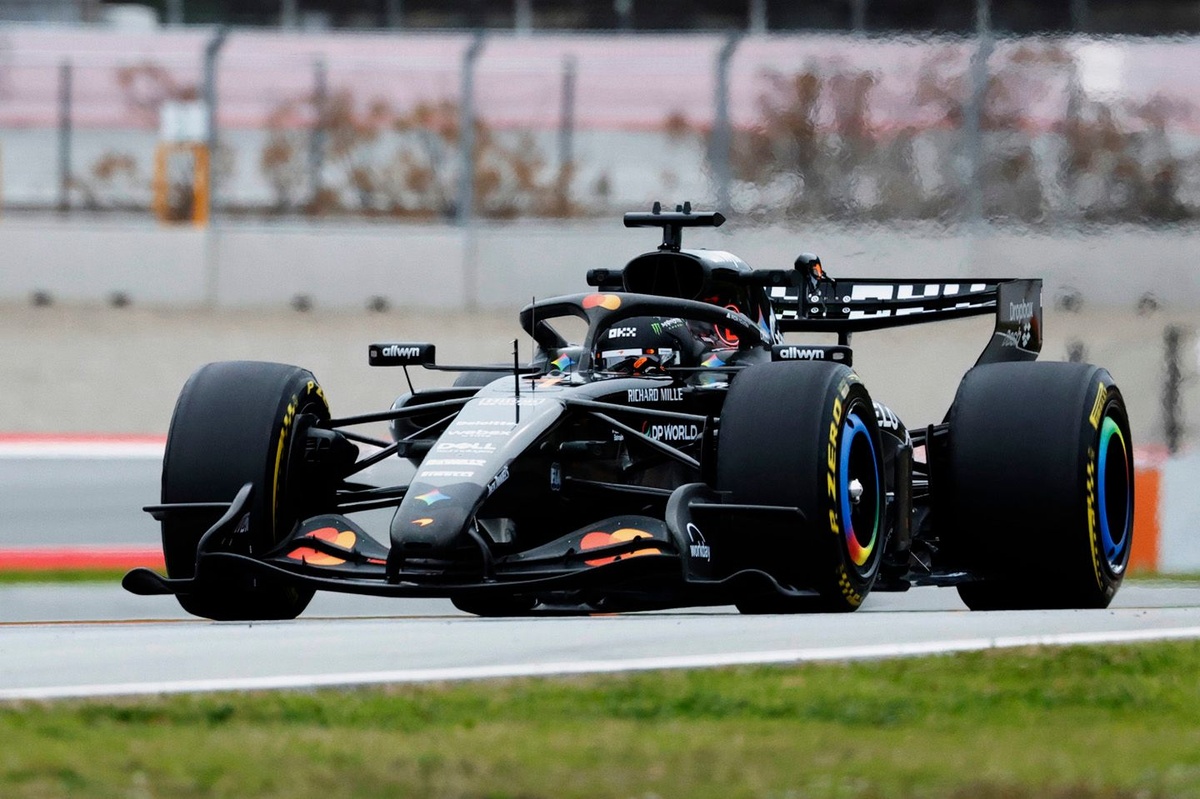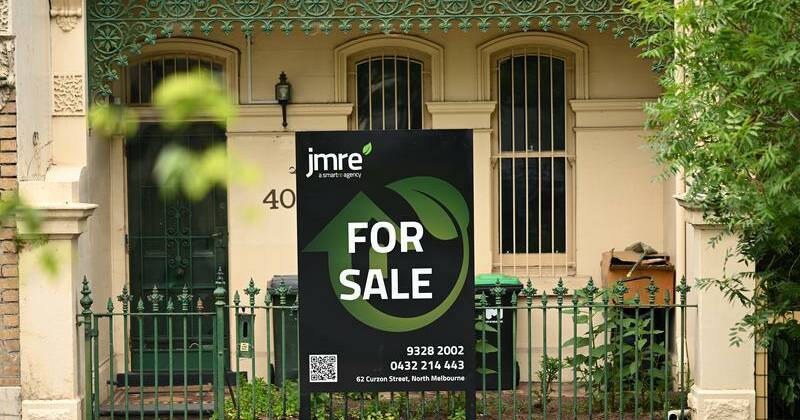
The World Health Organization (WHO) released its comprehensive guidelines on national controlled medicines policies on September 18, 2023. This landmark framework aims to ensure safe and equitable access to controlled drugs for medical and scientific purposes while addressing the public health risks associated with misuse and diversion.
The guidelines build on a rapid communication shared during the Seventy-eighth World Health Assembly, emphasizing the urgent need for balanced policies. Many essential controlled medicines, such as opioids, benzodiazepines, barbiturates, and amphetamines, play critical roles in pain management, surgical procedures, and the treatment of mental health disorders. Yet, millions of patients globally remain unable to access these vital medications. According to WHO estimates, up to 98% of patients in low-income countries lack adequate pain relief. In more affluent regions, insufficient regulatory measures have led to opioid-related crises.
Patients suffering from advanced cancer or HIV/AIDS frequently endure unnecessary pain due to a lack of access to necessary medications like morphine. Individuals with epilepsy often go untreated because essential anti-seizure medicines are hindered by restrictive regulations and insufficient education regarding their clinical applications. In contrast, many countries face challenges with over-prescription and rising demand for opioids, contributing to health-related issues such as substance use disorders and overdoses.
Key Recommendations for Governments
The WHO guidelines advocate for national policies that ensure both affordable access to controlled medicines and prevention of their non-medical use. These recommendations are designed to help countries provide safe and fair access to essential medications necessary for managing acute and chronic pain, mental health conditions, substance use disorders, and other significant health challenges.
The guidelines consist of evidence-based recommendations spanning seven critical areas: policy development, pricing and financing, selection of medicines, procurement and supply chains, regulation, prescribing and dispensing, and education for healthcare professionals and the public.
The recommendations include measures that ensure controlled medicines remain accessible, affordable, and safely used for legitimate medical and scientific purposes, thereby preventing patients from suffering or dying due to a lack of essential treatments.
A Call for Global Action
Developed over several years through systematic reviews and international consultations, these guidelines replace the WHO’s 2011 guidance on controlled substances. The new document will be published in all six official WHO languages and is expected to inform policy reforms among member states, particularly in low- and middle-income countries where treatment gaps are significant.
The conclusion of the guideline emphasizes that “access to controlled medicines is not just a technical issue — it is a matter of equity, dignity, and the right to health.” This sentiment underscores the urgent need for action to ensure that health systems worldwide can provide the necessary support for patients in need.






